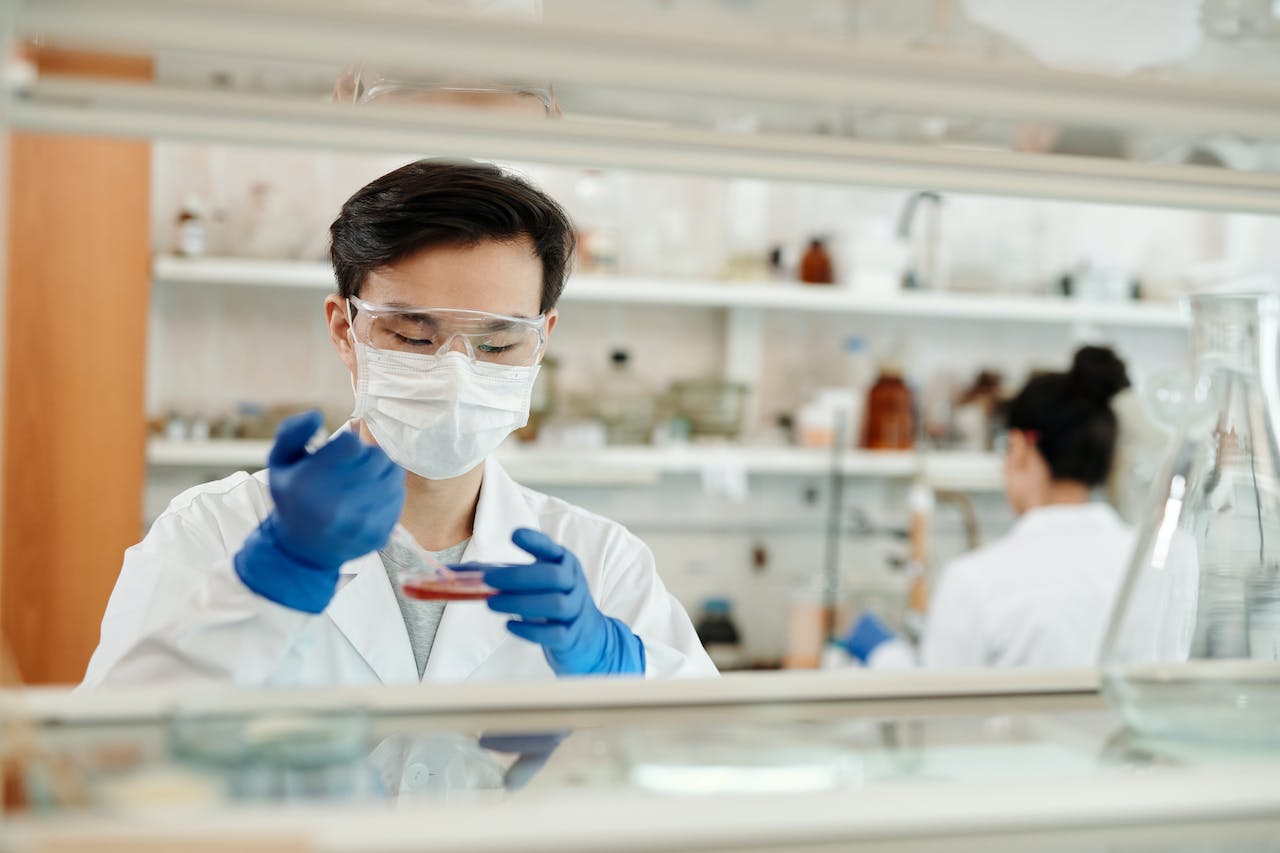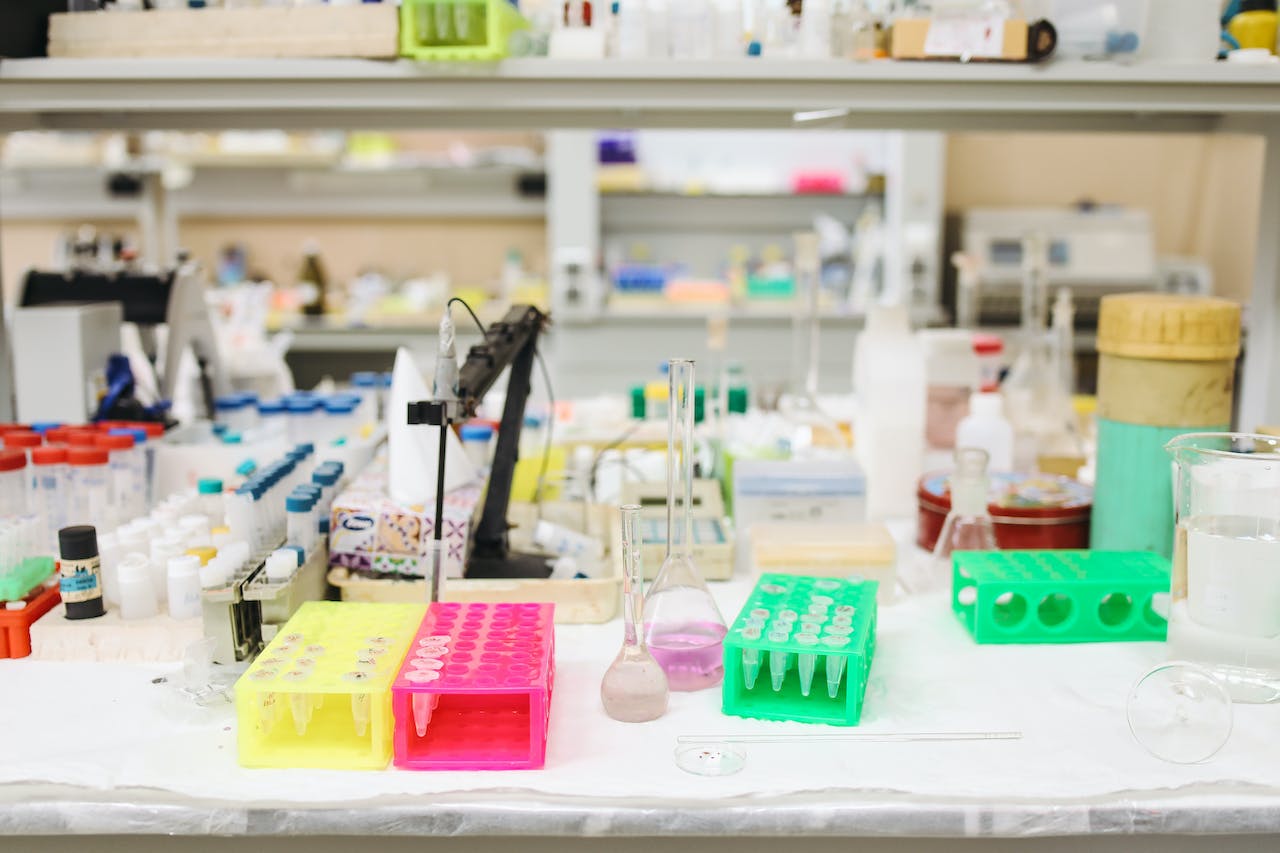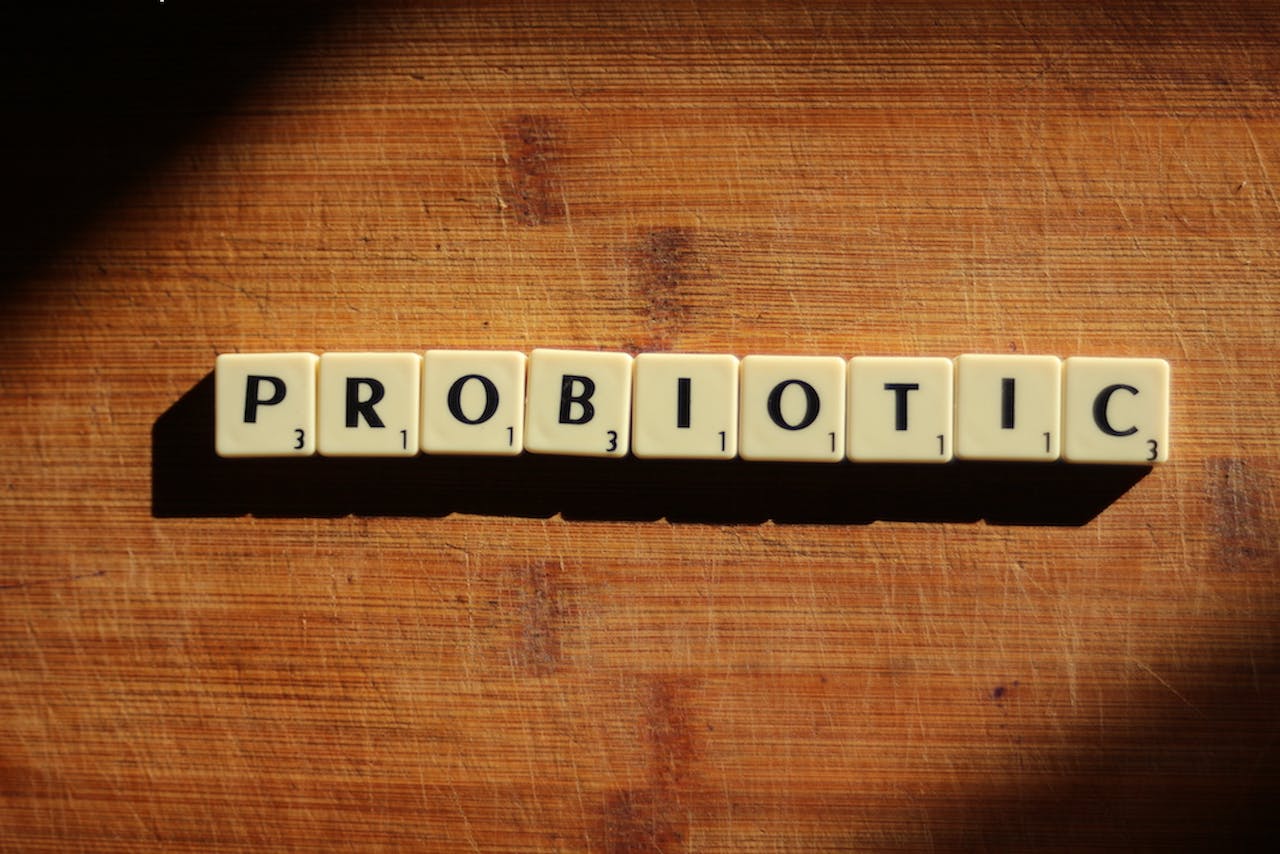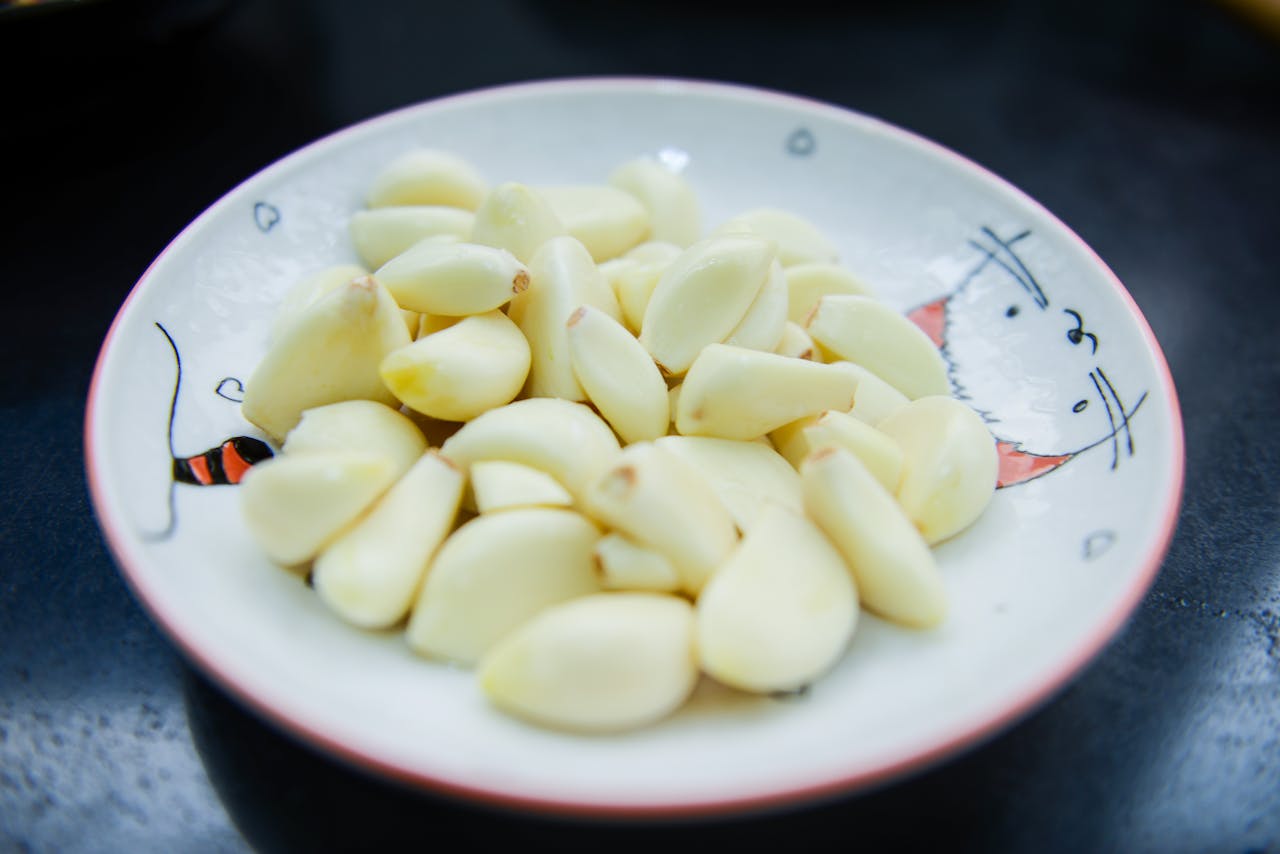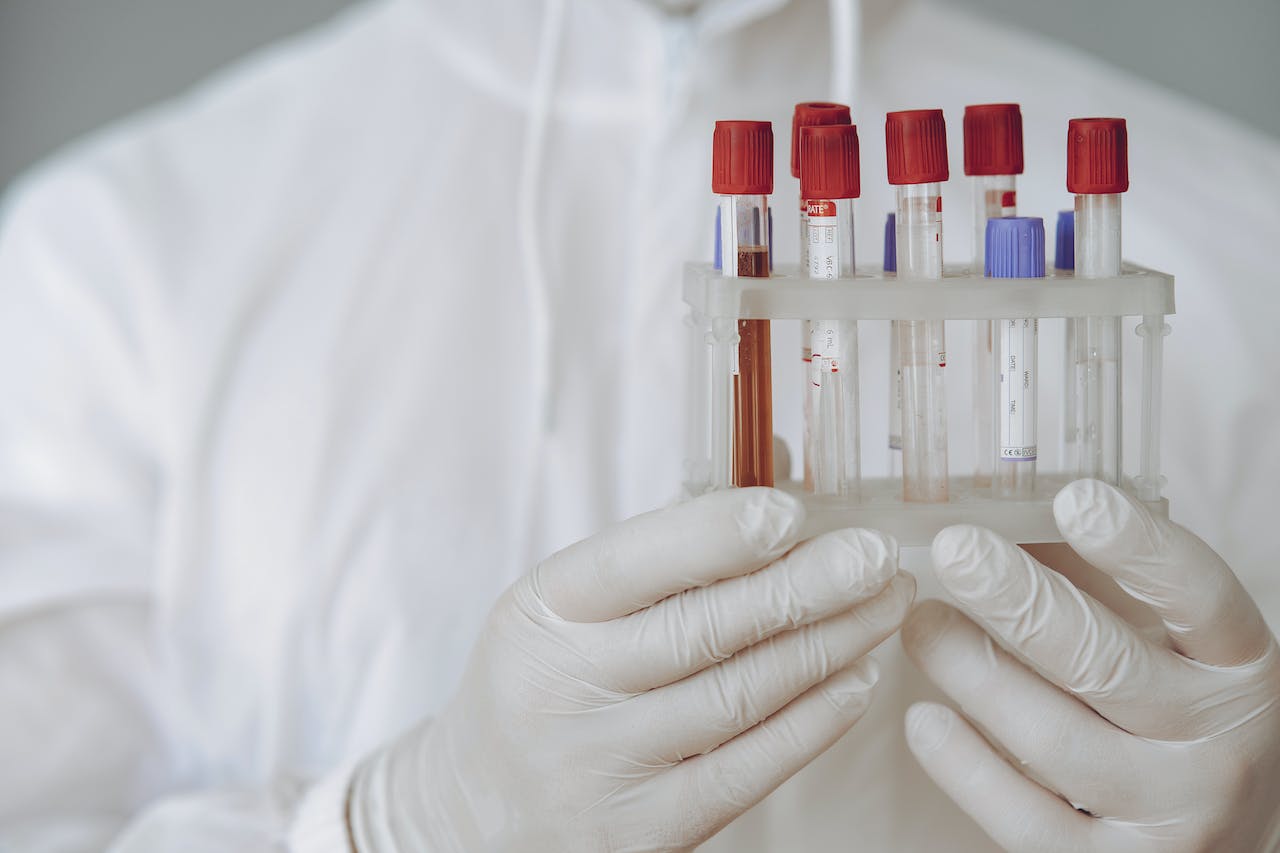Bacterial vaginosis is a common vaginal infection caused by an imbalance of bacteria in the vagina. The symptoms include a fishy odor, discharge, and itching. Macrobid is an antibiotic that is used to treat urinary tract infections (UTIs) caused by bacteria. However, it is not recommended for the treatment of BV . While Macrobid is known to kill bacteria, it may not work safely in getting rid of bacterial vaginosis completely. It is also not advisable to take the medication when you are suffering from any complicating diseases such as kidney, diabetes, anemia and any other serious diseases that can only make matters worse.
Macrobid, generically known as nitrofurantoin, is primarily used to treat urinary tract infections (UTIs), particularly those caused by E. coli and other common bacteria. It’s important to delve into its effectiveness, particularly in the context of bacterial vaginosis (BV), which is a different type of infection.
Instead of Macrobid, natural treatment is the better option in curing bacterial vaginosis or BV. Unlike pharmaceuticals like Macrobid, natural cures for BV do not have any side effects or complications. These cures also work long term so you get to prevent the recurrence of the infection. What the natural cures do is to stimulate and increase the body’s natural mechanism to heal itself from bacterial infections such as those caused by BV.
This way, the body is not exposed to any adverse reaction that usually happens with pharmaceutical treatments.
#1 Understanding Bacterial Vaginosis
Bacterial vaginosis is a condition resulting from an imbalance in the natural bacteria found in the vagina. Unlike a UTI, which is a bacterial infection, BV is more of an ecological disruption. Common symptoms of BV include unusual vaginal discharge, odor, discomfort, and itching. The mainstay treatment for BV involves antibiotics, but not all antibiotics are effective for this condition.
#2 Macrobid’s Mechanism and UTI Treatment
Macrobid works by inhibiting bacterial cell wall synthesis and interfering with bacterial metabolism. It’s effective in treating UTIs because it concentrates specifically in the urine, making it less suitable for infections outside the urinary tract. Macrobid’s action is mainly within the bladder, and it’s not typically used for kidney infections or other systemic bacterial infections.
#3 Macrobid and Bacterial Vaginosis
The effectiveness of Macrobid in treating BV is questionable. BV is commonly treated with antibiotics like metronidazole or clindamycin, which are effective against the anaerobic bacteria usually causing this condition. These antibiotics work differently from Macrobid and are more suited to target the bacteria present in BV.
Macrobid’s limited activity against the bacteria typically responsible for BV and its specific urinary concentration make it not the first choice for treating this condition. It’s crucial to use the right antibiotic for the specific type of bacteria involved, and Macrobid’s spectrum of activity does not align well with the bacteria usually associated with BV.
#4 Clinical Evidence and Recommendations
Clinical studies and guidelines for the treatment of BV do not commonly list Macrobid as a recommended antibiotic. This omission is due to its ineffectiveness against the bacteria usually involved in BV and its pharmacological properties, which are not ideal for treating vaginal infections.
#5 Importance of Proper Diagnosis and Treatment
Self-diagnosing and self-treating for BV can lead to complications, including the potential for increased resistance to antibiotics. It’s crucial to have a proper diagnosis from a healthcare provider, who will then prescribe the most effective antibiotic for the specific condition. Using the wrong antibiotic, like Macrobid for BV, can lead to ineffective treatment and prolonged discomfort.
Bacterial vaginosis (BV) is a common vaginal condition that can affect women of reproductive age. Understanding its causes, the effectiveness of natural remedies, and the possibility of using multiple treatments simultaneously is important for managing this condition.
#6 Common Causes of BV
Imbalance of Vaginal Bacteria: The primary cause of BV is a disruption in the natural balance of bacteria in the vagina. Normally, there’s a predominance of ‘good’ bacteria (lactobacilli), but a reduction in these can lead to an overgrowth of other types of bacteria.
i) Sexual Activity
While BV is not strictly a sexually transmitted infection, it is more common in women who are sexually active. New or multiple sexual partners can disrupt the bacterial balance.
ii) Douching
Douching can upset the natural balance of bacteria in the vagina and is strongly discouraged by health professionals.
iii) Antibiotic Use
Antibiotics can disrupt the vaginal flora, sometimes leading to BV.
iv) Hormonal Changes
Changes in hormone levels, such as those during menstruation, pregnancy, or menopause, can affect vaginal bacteria.
Use of Certain Hygiene Products: Scented soaps, bubble baths, and vaginal deodorants can alter the natural pH of the vagina and lead to bacterial imbalance.
#8 Timeframe for Natural Remedies
The effectiveness and the time it takes for natural remedies to work vary greatly and are not as well-researched or predictable as conventional treatments like antibiotics. Some women may notice improvements within a few days, while others might not see any change. It’s important to note that these remedies might alleviate symptoms but not always address the underlying bacterial imbalance.
#9 Using Multiple Natural Cures Simultaneously
While it’s tempting to try multiple remedies at once, this approach can be problematic. Combining different treatments without understanding their interactions can potentially worsen symptoms or create new issues. It’s crucial to approach treatment methodically, trying one remedy at a time to monitor its effectiveness and any adverse reactions.
#10 Natural Remedies
Here are some natural remedies that can help cure bacterial vaginosis:
I) Probiotics
Probiotics are live bacteria and yeasts that are good for your health, especially your digestive system. They can help restore the natural balance of bacteria in your vagina and reduce the risk of BV.
II) Garlic
Garlic has antibacterial properties that can help fight off the bacteria that cause BV. You can eat garlic raw or take garlic supplements to help treat BV.
III) Tea tree oil
Tea tree oil is a natural antifungal and antibacterial agent that can help treat BV. You can add a few drops of tea tree oil to your bath water or use it as a vaginal suppository.
IV) Apple cider vinegar
Apple cider vinegar has antibacterial and antifungal properties that can help restore the natural pH balance of your vagina. You can add a cup of apple cider vinegar to your bath water or use it as a vaginal douche.
V) Hydrogen peroxide
Hydrogen peroxide is a natural antiseptic that can help kill the bacteria that cause BV. You can use a 3% hydrogen peroxide solution as a vaginal douche.
VI) Boric acid
Boric acid is a natural antifungal and antiseptic that can help treat BV. You can use boric acid suppositories to help treat BV.
Please note that while natural remedies can be effective in treating BV, it is important to consult with a healthcare professional before trying any new treatment. If you experience any severe symptoms such as fever, abdominal pain, or vomiting, seek medical attention immediately.
#11 Key Considerations
- Medical Diagnosis: Always consult a healthcare professional for a proper diagnosis before starting any treatment.
- Natural Safe: Just because a remedy is natural does not mean it’s safe or effective for everyone.
#12 Monitor Symptoms
If symptoms persist or worsen, it’s important to seek medical advice. BV, if left untreated, can lead to complications, especially during pregnancy.
While Macrobid is an effective and commonly used antibiotic for UTIs, its role in treating bacterial vaginosis is not supported by clinical evidence or practice. Its mechanism of action and concentration in urine make it unsuitable for treating BV. For proper management of bacterial vaginosis, antibiotics known to be effective against the condition, such as metronidazole or clindamycin, should be used as prescribed by a healthcare professional. Always consult a healthcare provider for an accurate diagnosis and appropriate treatment plan for any infection.
